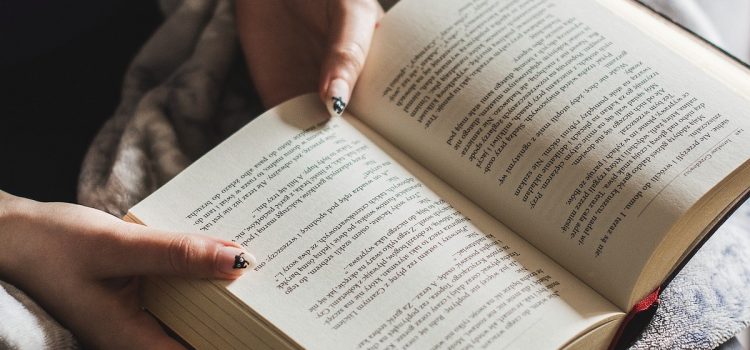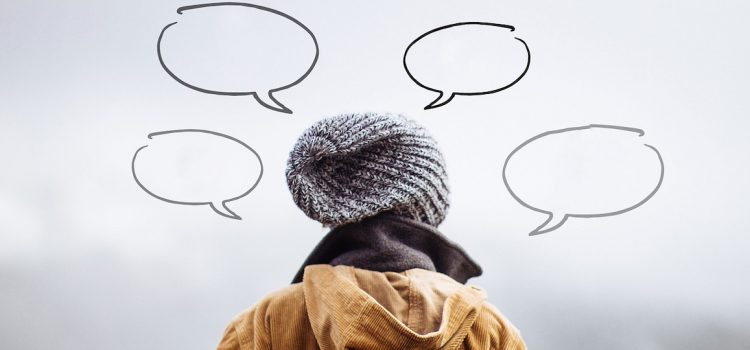Why is it important to practice acceptance and letting go? How does the inability to accept things as they are eat away at your chance of finding happiness? Life is unpredictable, and it will throw curve balls at you sooner or later. Being able to accept and let go of what happened is a necessary life skill everyone should cultivate. With this in mind, here’s how to practice the art of acceptance and letting go.
The Art of Acceptance and Letting Go










